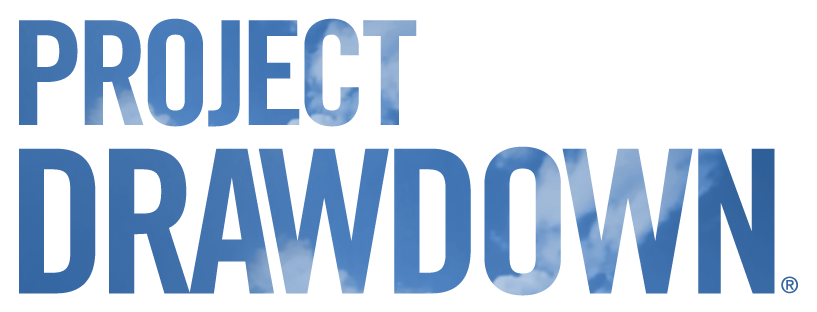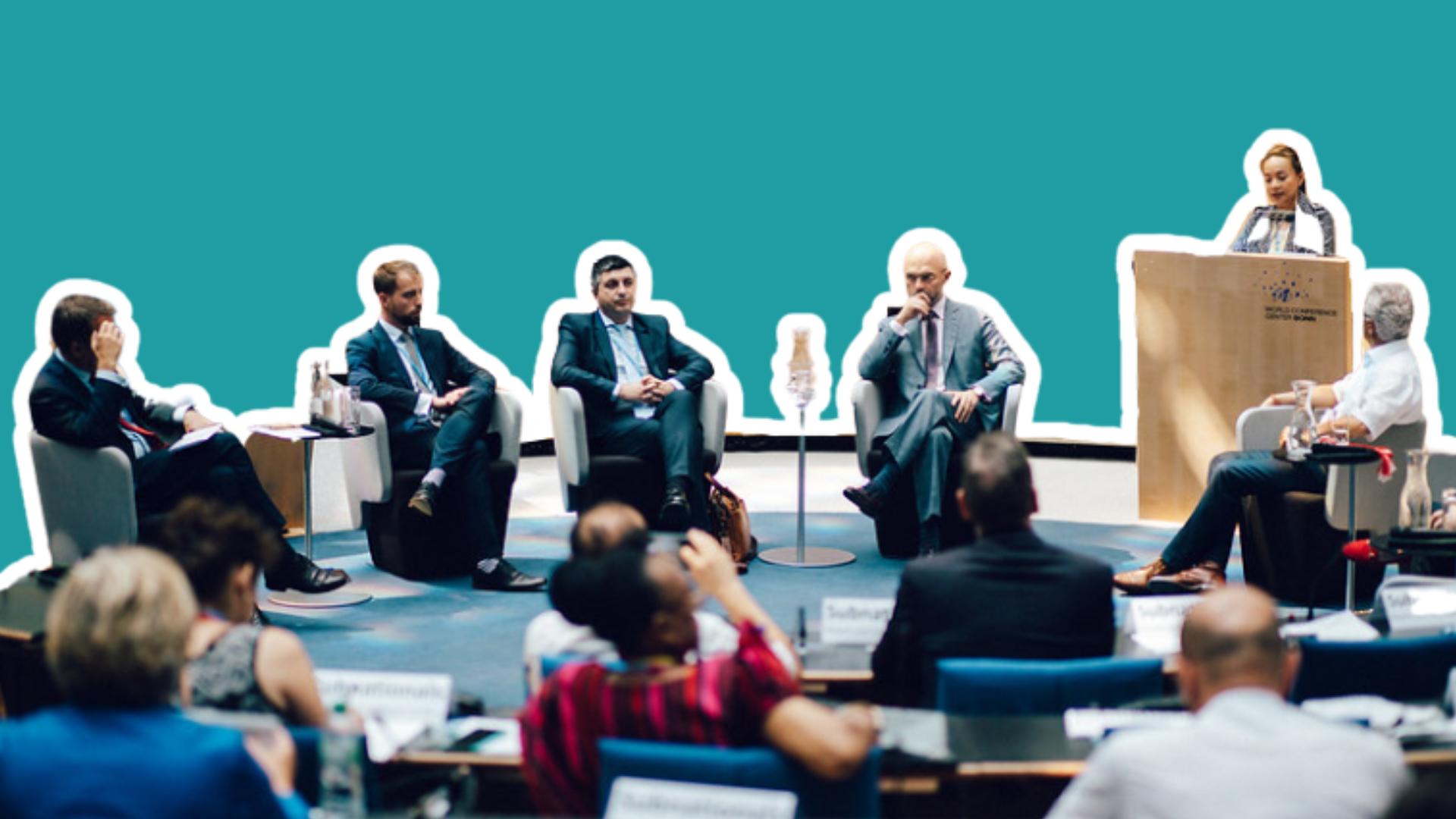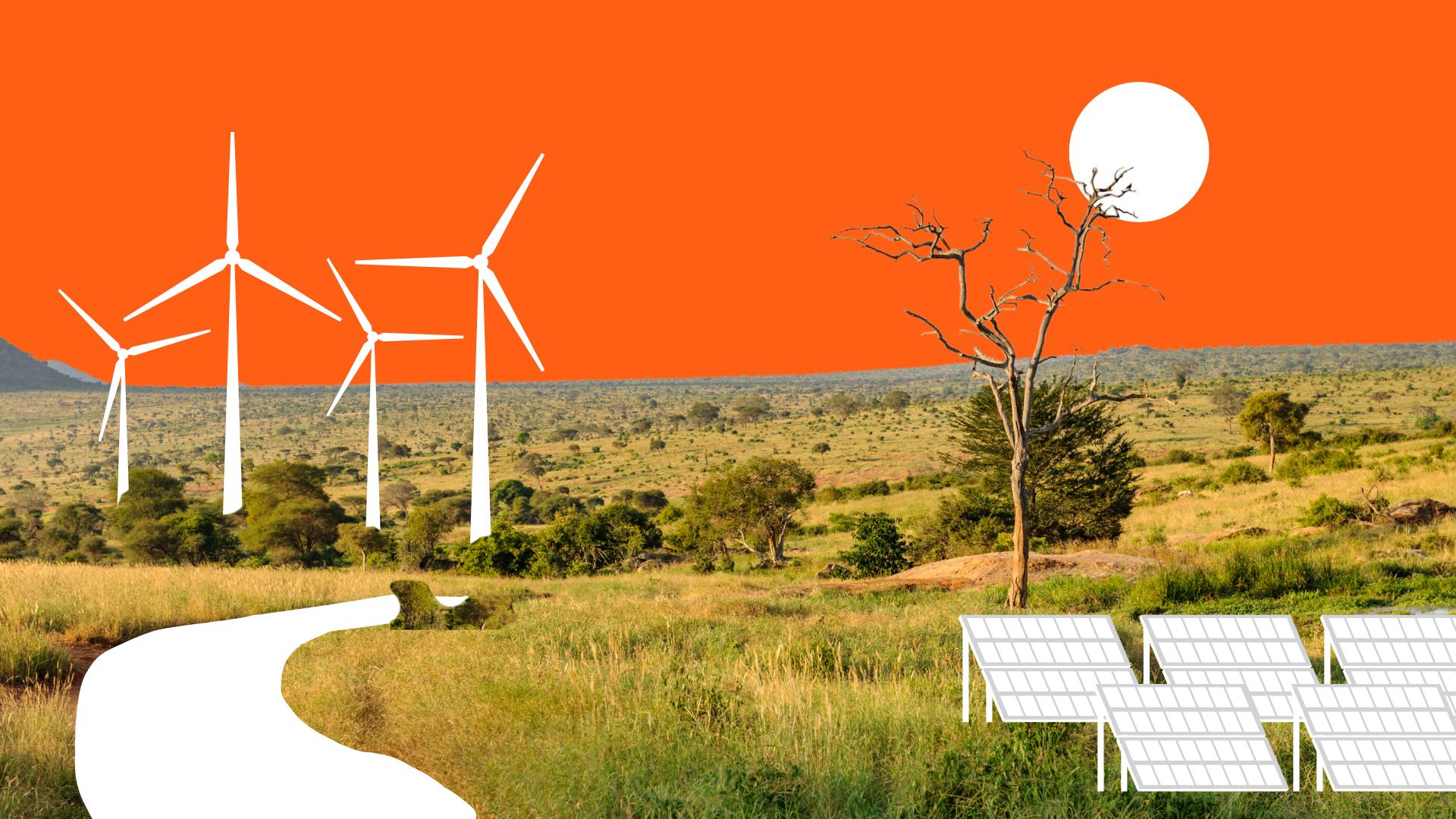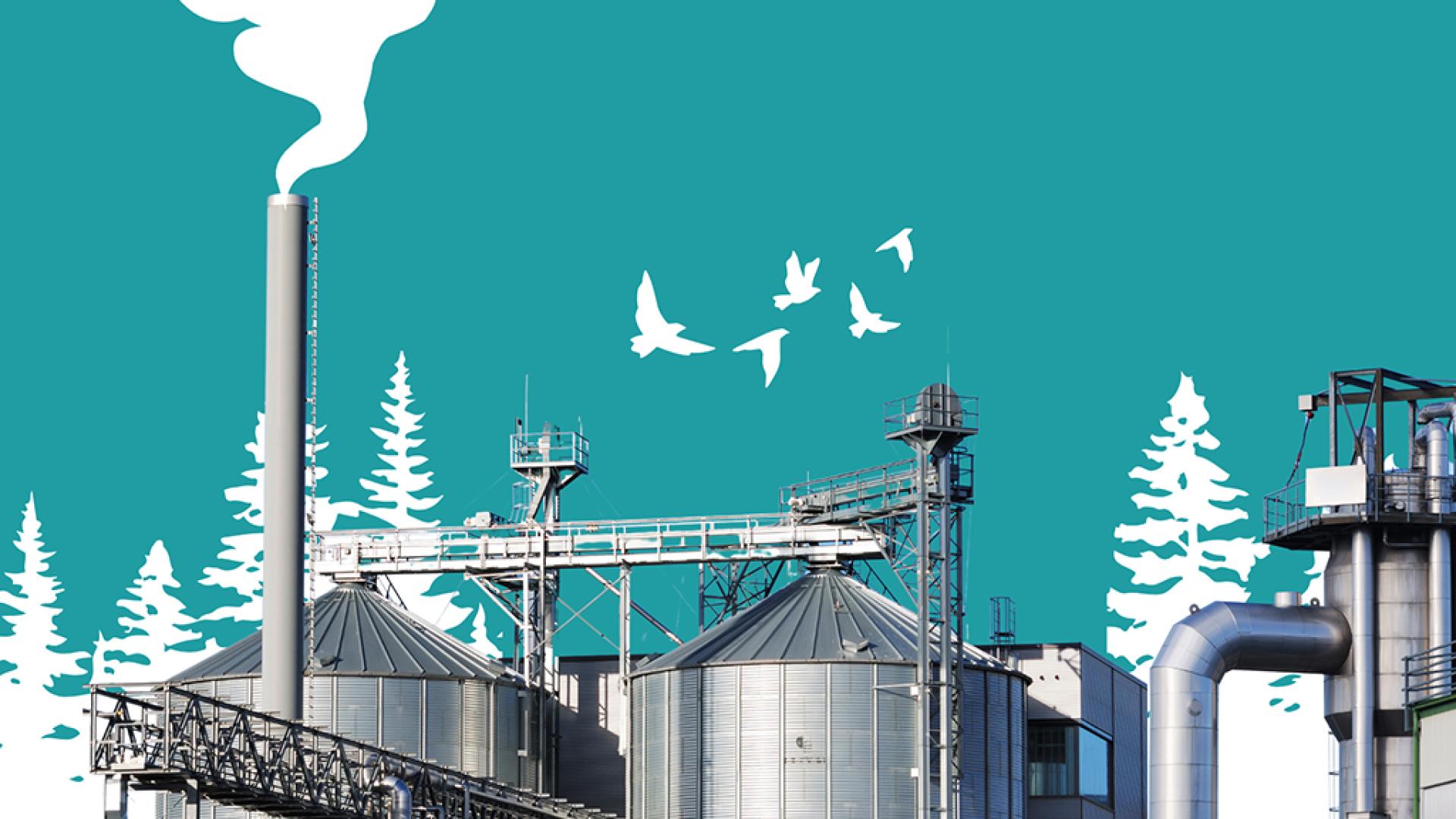S: People see my day job and it could be such a stretch to relate it to climate, but I do. It makes people think about how they can take climate action today, where they are, instead of having to make a complete career change – which, absolutely you can still do! But don’t feel like you have to to make an impact on what you care about.
A: Can you talk a little bit about how you became a lead in your company’s climate club?
S: I was just so active in it! Whenever people would say something in the chat, I would reply and validate their feelings or a sustainable change they made. I just really wanted to be a champion and encourage people. I was going to all the meetings, and eventually, the leads noticed me and asked if I wanted to get more involved. I ended up as the lead event coordinator, planning things like book clubs and climate film festivals.
It’s really just about showing up and then being interested – people really respond to that.
A: What skills or expertise of yours do you think help you in being such an active climate advocate at work?
S: I have a way of making people feel at ease or making people feel like they belong. I'm not huge on public speaking, but I have an ability to connect with people, one on one, I think because I can relate to others. If they understand why I care about climate action, then they feel like maybe they should care, or they feel better about sharing why they also care. I think that’s very important – relating to people and them feeling that they’re seen. I had to show my manager that I was interested in climate so that he could put me on related projects. I had to show the leads of the climate club that I was excited so that they could put me in charge of putting together events. And more recently, I’ve had to show the human resources department my and my colleagues’ passion about getting a climate-friendly 401(k) option added to our retirement options, which is my main goal right now.
I think another skill I have is being detail- and data-driven. For example, I got word that HR is willing to review adding a climate-friendly 401(k) option. They might not be keen as to letting me sit in on their meeting about it, so I’m creating a slide deck, comparing some of the fund options and adding additional context about the benefits to our organization, our employees, and how it's the perfect time to add the option to the menu.
A: I’d love to hear more about why getting a climate-friendly 401(k) option added to your company’s retirement offerings is so important to you and climate in general.
S: If there's a legacy I leave behind for the organization I'm with, it's definitely that. It is so huge. I'm just imagining the millions of dollars diverting away from fossil fuels and to a place that creates positive change. We can do so much by voting with our money. People voting with their dollars and divesting from fossil fuels and investing in solutions that are not fossil fuel-oriented really says a lot about what they care about. So I absolutely think it's one of the biggest changes you could make, whether that be with your 401(k) or your bank.
A: Can you explain how you went about learning about your company’s retirement options and the climate-friendly alternatives?





